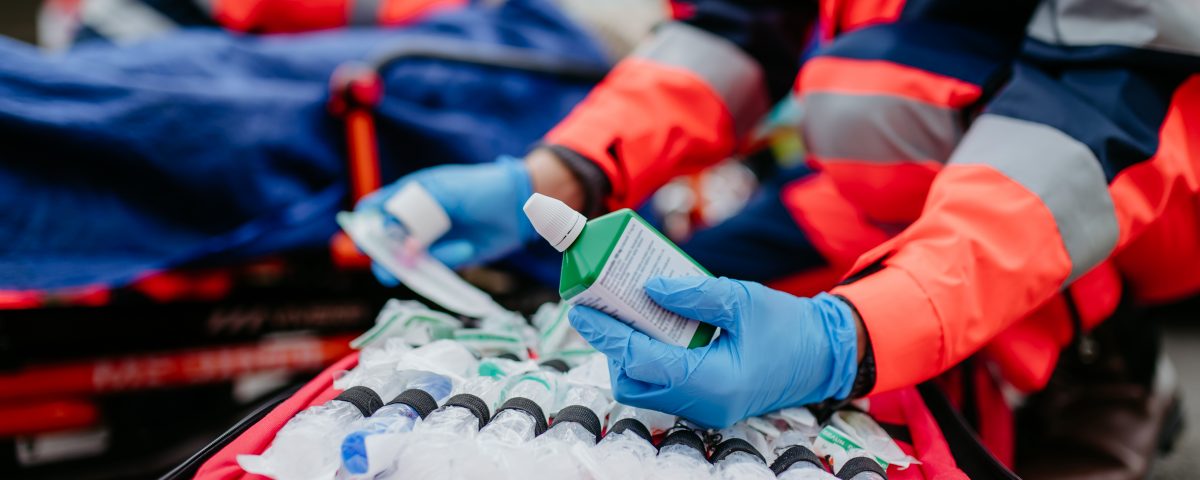How Public Officials Can Help Build Strong Local Communities After a Disaster

How Educators Can Overcome Mistakes
April 3, 2023
Police Liability and the Proper Way to Train a Police K9
April 17, 2023How Public Officials Can Help Build Strong Local Communities After a Disaster
Public officials must prepare for the worst and they can accomplish this by building up stronger communities. Natural and human-created disasters can happen to any community at any time. Municipal governments must be ready with plans in place to help communities recover. But local governments must protect themselves with public officials liability insurance to continue to function on behalf of the community.
Public Officials Liability Coverage Begins Before a Disaster Strikes
Preparedness for a disaster is the first step for every community. Public officials can institute policies to help communities reduce potential risks through as much preparation as possible. In the case of hurricanes, giving notice as soon as possible is essential. In areas prone to tornadoes, officials can educate residents on how to protect themselves and their families should a sudden funnel touch ground. Government officials must serve residents in every step of a disaster. Therefore, they must understand how to keep community residents safe and build up their residents before a catastrophe occurs. Providing shelters and instructions to keep residents safe during a disaster is another plan to enact. Additionally, officials must create an organized plan for a timely, equitable, and predictable recovery after a disaster.
Preparing for a disaster should focus on long-term planning rather than short-term reaction. Recovery from disasters can go on for years on multiple levels. For governments, public officials liability helps protect them from suits, but they, in turn, have a responsibility to protect and help their constituents through the long recovery process.
How Public Officials Can Create a Community Emergency Management Plan
Solid preparation and emergency contingency plans are vital for building a community back up after a disaster. There are typically four parts to a well-organized and effective emergency management plan. The parts of the plan are mitigation, preparation, response, and recovery.
Preparation and careful management saves money, lives, and property.
Mitigation
Lessening the chances of disaster-related damage is vital. Installing permeable pavement when resurfacing roads and parking lots is a good idea. There should be a procedure to update building codes so they can withstand strong winds. Furthermore, building new infrastructure that is more resident to disasters is vital. There should be plenty of encouragement for property owners to carry flood insurance.
In addition, government officials should carry public officials liability protection. They also need employment practice liability, as they are liable to suits for discrimination in hiring practices and administering grants, budgets, and other funds.
Preparation
Government preparation plans must consider every aspect of the community affected during a disaster. Details may include:
• Mapping emergency sites such as hospitals and police and fire stations
• Educating residents about adequate preparation
• Distributing vital information quickly
This step can help ensure an efficient recovery after a disaster strikes.
Response
Once a disaster engulfs a community, public officials must immediately instigate an action plan. Emergency management and first responders are critical in providing vital services such as search and rescue as conditions allow and shelter intake.
Recovery
Public officials must make solid choices with the good of the community in mind. These choices can drive a community’s recovery process for as long as necessary.
How Public Officials Focus on Recovery
After a disaster, community recovery should be the focus of every government official. Proper public officials liability coverage helps officials focus on building up communities.
About PGUI
Professional Governmental Underwriters, LLC., is a full-service risk management company dedicated to assisting public, educational and non-profit entities in the management of their professional liability exposures including educators liability insurance. We are dedicated to providing state-of-the-art professional underwriting management and loss control advisory services on behalf of our designated carriers. For more information, call us toll-free at (800) 586-6502.


